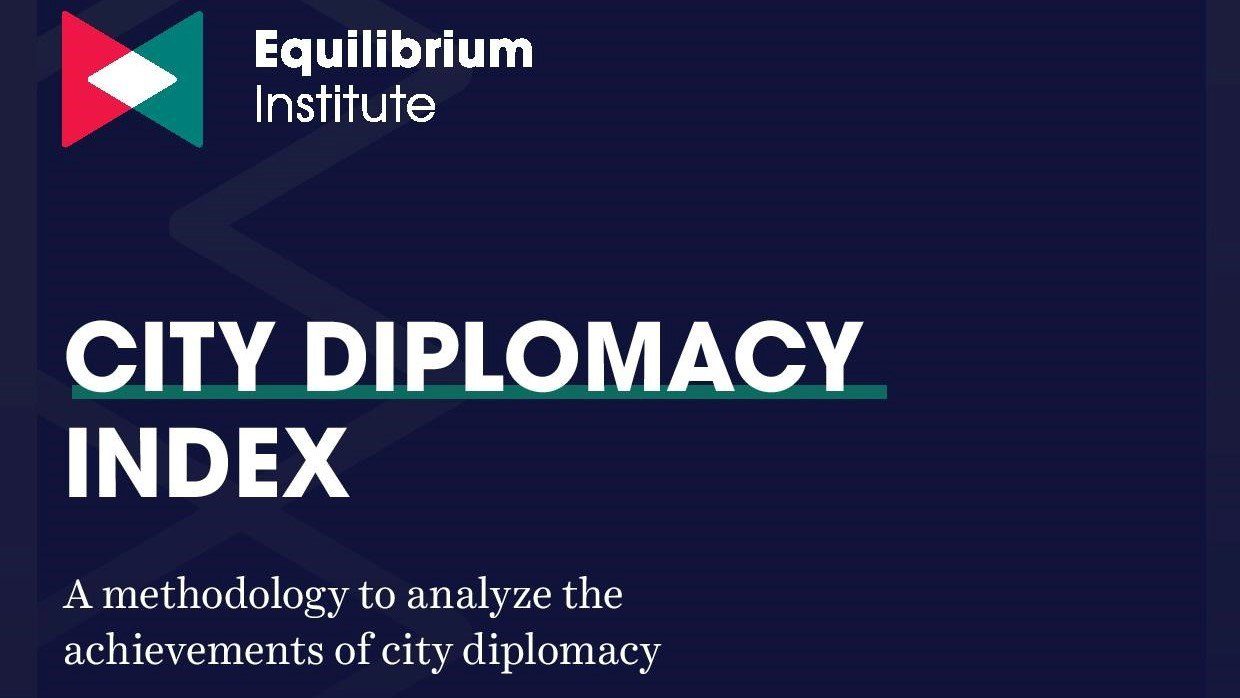Cities will gain more power in the 21st century than any other stakeholder. By 2050 almost 70% of the world population will live in cities. The economic and political power concentrated in the biggest cities will be greater than the power of most nation-states. City diplomacy will play a decisive role to further advance local values and interests by improving bilateral relations with other cities and joining city networks.
So far there is no single index that attempts to measure and assess the foreign policies of cities. The City Diplomacy Index (CDI) of the Equilibrium Institute of Budapest aims to change that, by introducing a new methodology to analyse the achievements of city diplomacy. This index is a useful tool to compare and recognise best practices of cities and to demonstrate annual developments. The results of the indicators of a given city are grouped into four categories: city relations, business relations, tourism and cultural relations, and multiculturalism.
Under the category of city relations, we have collected indicators measuring the institutional setup and the most visible results of city diplomacy activities. We are scoring the quality of structures and professional activities of city units responsible for foreign relations.
There is an obvious correlation between the economic power a city exercises and the political power it can wield in terms of its foreign relations. Reaching the point of becoming an internationally relevant economic stakeholder requires a lot of diplomatic effort. In the category of business relations, we measure both the hard quantitative aspects of city diplomacy such as the GDP per capita or the inflowing FDI as well as the institutional brackets related to economic strategy.
You can view the full report at the following link:
https://egyensulyintezet.hu/wp-content/uploads/2022/04/CDI2021.pdf


